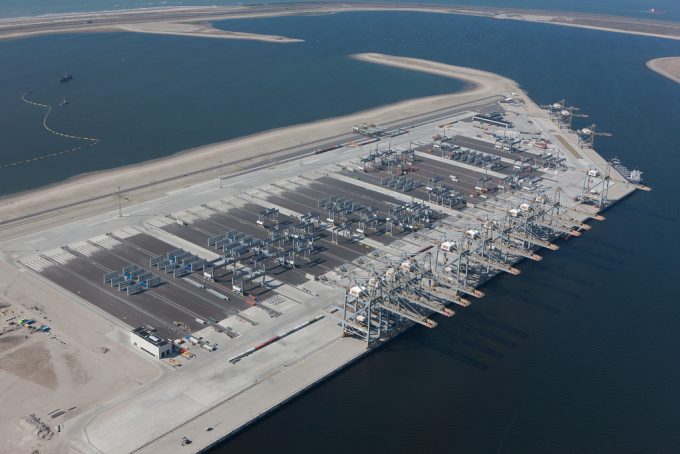The shape of Asia-Europe shipping capacity as the new alliances bed in
Proforma scheduled liner capacity on the Asia-North Europe trade is set to be reduced by ...

Heavy-handed negotiating tactics by container alliances could drive down future port investments if terminal operators find the risk of return too high, according to Drewry.
In its Ports and Terminals Insight report, global shipping consultancy Drewry says terminal operators are facing a “perfect storm” as ever-increasing alliances seek ...

Comment on this article